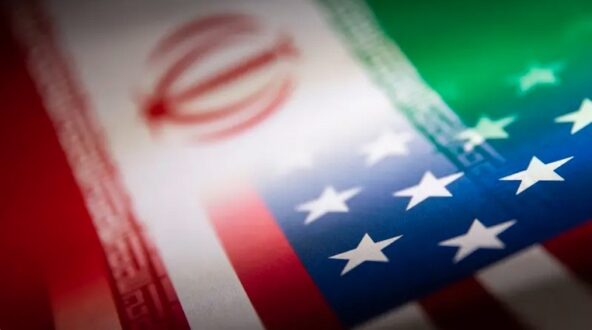Iranwire – The United States says it has designated Iran, Pakistan and Saudi Arabia, among others, as “countries of particular concern” under the U.S. Religious Freedom Act.
Secretary of State Antony Blinken said in a statement on December 2 that those designated as countries of particular concern – which also include Burma, China, Cuba, Eritrea, Nicaragua, North Korea, Russia, Tajikistan, and Turkmenistan – have “engaged in or tolerated particularly severe violations of religious freedom”.
Several groups, including Yemen’s Iran-backed Shia Houthi rebels and the Taliban, were added to the blacklist as entities of particular concern.
“Around the world, governments and non-state actors harass, threaten, jail, and even kill individuals on account of their beliefs,” Blinken said, adding: that the United States “will not stand by in the face of these abuses”.
Countries that effectively safeguard freedom of religion or belief and other human rights “are more peaceful, stable, prosperous and more reliable partners of the United States than those that do not”, according to the secretary of state.
The 1998 Religious Freedom Act requires the U.S. president, who assigns the function to the secretary of state, to designate as countries of particular concern states that are deemed to violate religious freedom on a systematic and ongoing basis.
The act gives the secretary of state a range of policy responses, including sanctions or waivers, but they are not automatic.
Washington has imposed sanctions on Iranian officials and entities over the Shia clerical regime’s bloody crackdown on anti-government protests demanding more freedoms and women’s rights
Women have waved and burned headscarves, mandatory under Iran’s dress codes, during the demonstrations that have swept the country for 2 ½ months.
Human rights groups say more than 440 people have been killed so far and at least 18,000 arrested in protests that began after the September 16 death in custody of a 22-year-old Kurdish woman, Mahsa Amini, after she was detained for “inappropriate attire.”
On December 2, Iran’s most prominent Sunni cleric, Molavi Abdolhamid, urged the country’s Shia leadership to listen to the Iranian people, whom he said are “tired of discrimination, pressures and poverty”, instead of repressing them.
“We want our country to be safe and united. We don’t have Shia, Sunni or ethnic divisions here. We are all Iranians. From Zoroastrians and Dervishes to tribes and even Baha’is. They are both humans and Iranians, and their rights must be respected,” said Molavi, the Friday prayer leader in the eastern city of Zahedan.
The Baha’i community is among the most severely persecuted religious minorities in Iran, with a marked increase in arrests and targeting since the start of the ongoing protest movement.
 Shabtabnews In this dark night, I have lost my way – Arise from a corner, oh you the star of guidance.
Shabtabnews In this dark night, I have lost my way – Arise from a corner, oh you the star of guidance.



